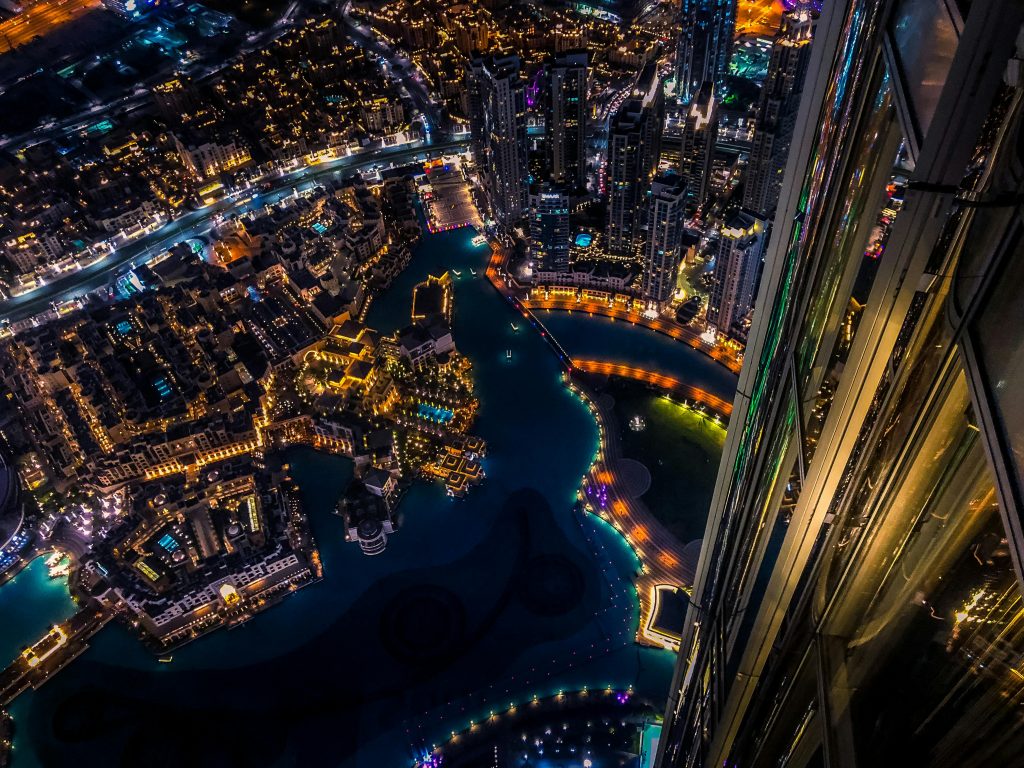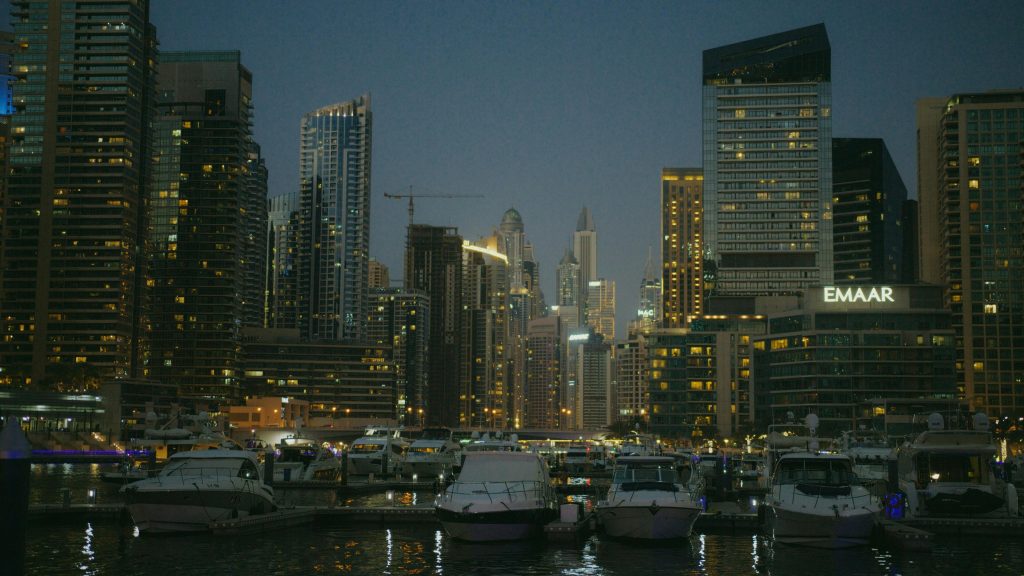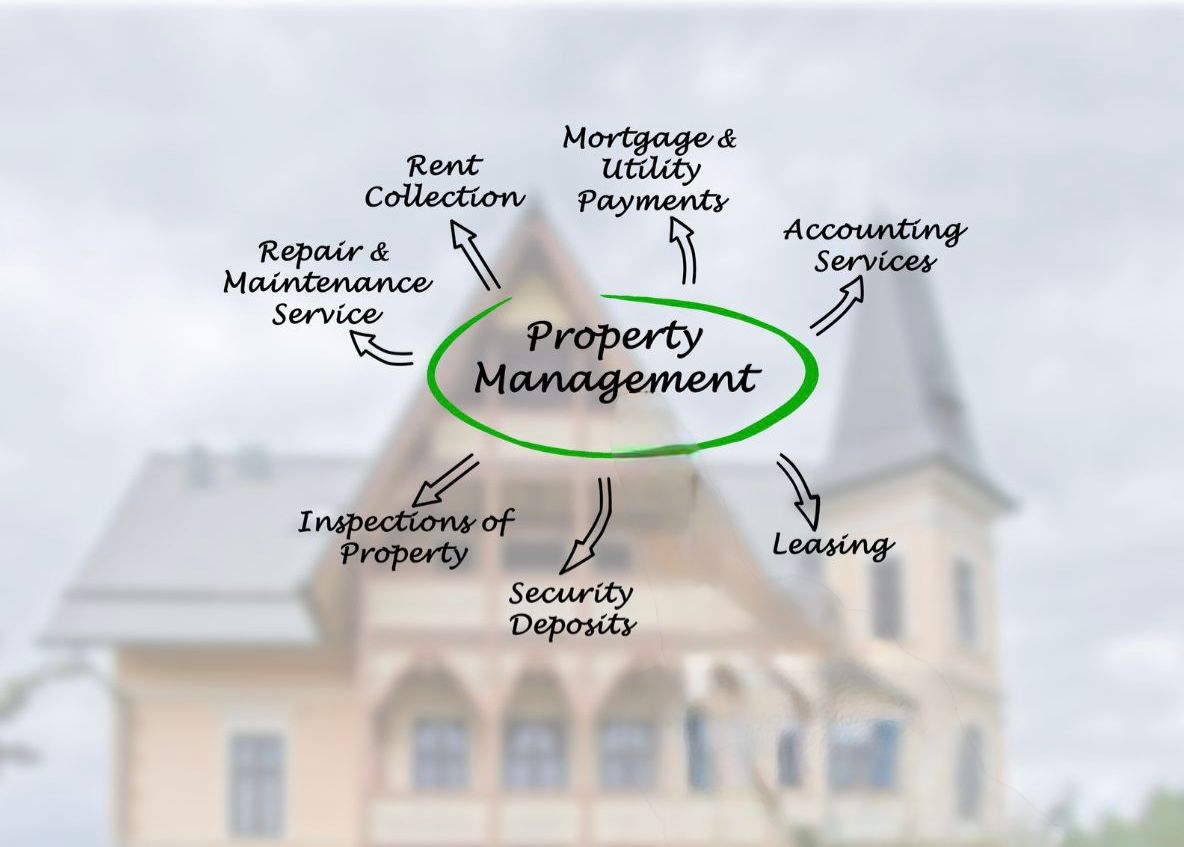The City That Didn’t Rely on Oil
When Dubai struck oil in 1966, there was no massive celebration. The reserves were modest compared to its Gulf neighbours. Everyone knew, this oil wouldn’t last.
But instead of seeing that as a weakness, Dubai treated it as a challenge. The city took its oil wealth and used it as seed money to build something that would last much longer than any oil well: a diversified, globally connected economy.
The Launchpad Years
In the 1970s and 1980s, Dubai poured oil revenues into infrastructure:
- Ports & Airports: turning the city into a regional trade hub.
- Free Zones: attracting international companies with tax advantages.
- Tourism: investing in hotels, shopping, and leisure destinations.
- Trade Corridors: positioning itself between East and West.
The mindset was clear, don’t build an economy around oil, build one beyond oil.
What Dubai Became
Fast forward to today, oil contributes less than 1% to Dubai’s GDP. The city now runs on:
- Tourism & Hospitality: world-class hotels, entertainment, and events.
- Global Trade: Jebel Ali Port and Dubai International Airport among the busiest in the world.
- Finance & Business: a hub for global banking, startups, and investment firms.
- Real Estate: one of the most dynamic property markets globally.
Learn more into how Dubai went from oil to innovation

How This Shaped the Real Estate Market
Dubai’s real estate growth isn’t random, it’s the result of decades of deliberate positioning:
- Global Appeal: By becoming a business, tourism, and lifestyle hub, Dubai has attracted investors, entrepreneurs, and professionals from all over the world. This diversity fuels demand for residential, commercial, and hospitality real estate.
- Infrastructure-First Approach: The early focus on airports, roads, and utilities means new developments plug into a ready-made, world-class city framework, increasing long-term property values.
- Investor-Friendly Regulations: Freehold ownership for foreigners, no property tax, and streamlined visa programs make Dubai a uniquely attractive market for international buyers.
- Year-Round Demand Drivers: Tourism, trade, and business events ensure constant movement of people, creating consistent rental demand and strong yields.
- High-Profile Projects & Innovation: From the Burj Khalifa to Palm Jumeirah and upcoming futuristic smart cities, Dubai keeps building destinations that double as investments.

Dubai’s limited oil reserves could have been a setback. Instead, they became the reason the city diversified early and thought globally.
Today, its property market isn’t built on oil wealth, it’s built on connectivity, infrastructure, and the ability to attract people, businesses, and capital from every corner of the globe.
For investors, that means one thing: Dubai’s real estate is powered by something far more sustainable than oil, a steady flow of people and opportunity.





